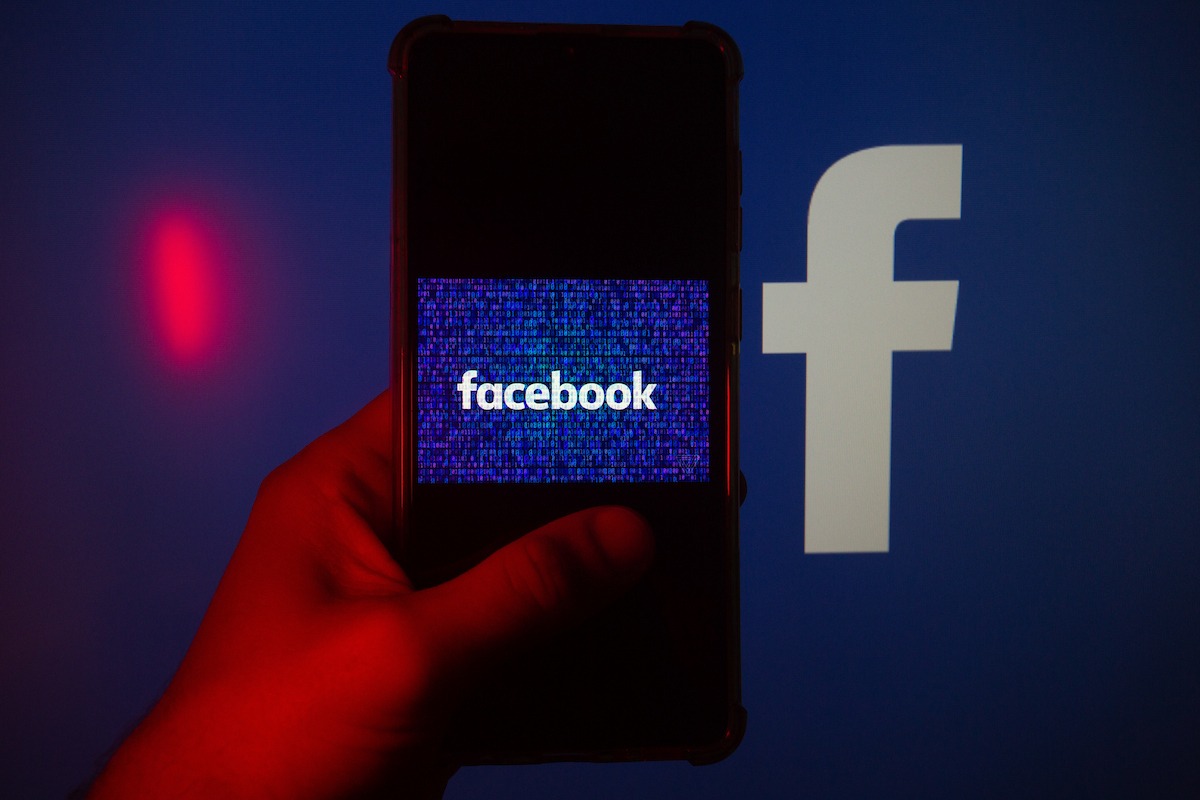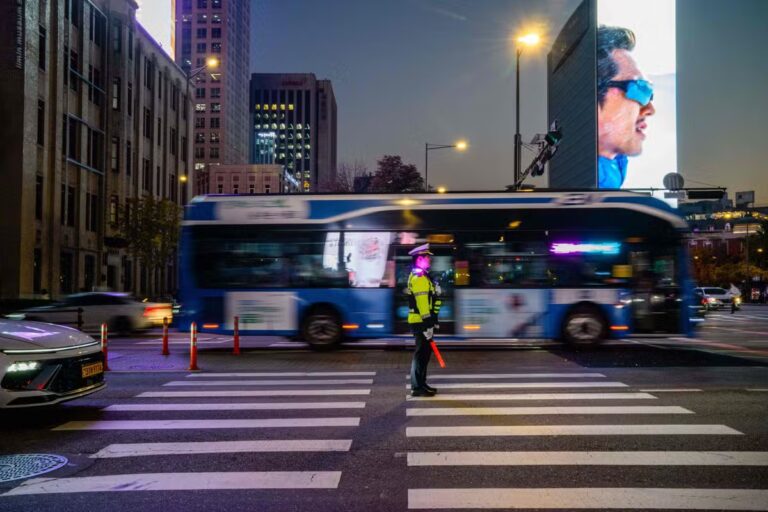
Facebook this Thursday (11/13) asked the Federal Supreme Court (STF) for a six-month period to implement the changes brought about by the Marco Civil da Internet case. The court recognized that internet platforms must be held responsible for illegal content published by their users.
The obligations that Facebook, part of the same conglomerate that integrates Instagram and WhatsApp, are seeking six months to fulfill are:
- the obligation of “effective and adequate moderation”;
- Creation of a complete self-regulatory system with notification, due process and annual transparency reporting.
- Providing communication channels that are preferably electronic, accessible and permanently and publicly available.
- Publication and periodic review of these regulations.
In this case, the exemption system for service providers originally provided for in Marco Civil da Internet will also be extended for six months. In addition to requiring a court order to specify the content to be removed, the ruling found that Article 19 of the Device Act, which limits companies’ liability for third-party content, was partially unconstitutional.
Please also read
-
Brazil
The STF decided to hold social networks responsible. See what the rules look like
-
Brazil
At the STF, Mr. Mendonça disagreed and voted against holding social networks accountable.
-
Brazil
Ministers discuss social media accountability during lunch at STF
-
Brazil
Big tech companies: STF decides to regulate social networks. see vote
“Such obligations require the development of specific technical infrastructure, (ii) the hiring and training of specialized personnel, (iii) the development of internal protocols and procedures, (iv) the adaptation of existing systems, and (v) the adequacy of laws and regulations at multiple levels,” Facebook argued.
The company therefore requested a “minimum six-month implementation period,” which should only count from the final decision, i.e. after the issue has finally been clarified and in the absence of further appeals.
- art. Article 19 of Law No. 12,965/2014 (Marco Civil da Internet), which requires a specific court order to hold Internet application providers civilly liable for damages arising from content created by third parties, is partially unconstitutional. There is a state of partial omission arising from the fact that it is a general rule of art. Article 19 does not adequately protect relevant constitutional legal assets (fundamental rights and protection of democracy).
- Until the new law comes into force, Art. Article 19 of the MCI shall be interpreted in such a way as to subject internet application providers to civil liability, except for the application of certain provisions of the Electoral Act and the normative law issued by the TSE..
- Internet application providers are subject to civil liability pursuant to Art. Without prejudice to the obligation to remove content pursuant to Article 21 of the MCI, we will indemnify you for damages caused by content created by third parties in case of criminal or illegal acts. The same rules apply for accounts reported as fraudulent.
- In cases of crimes against honor, Art. However, without prejudice to the possibility of removal by extrajudicial notice.
- If unpleasant facts already recognized by court decisions are continuously reproduced, all social media providers must remove publications with the same content based on judicial or extrajudicial notice, regardless of new court decisions.
- Internet application providers doing business in Brazil must establish and maintain a headquarters and representative office in the country, and must make their identity and contact information available and easily accessible on their respective websites. This representation must give the representative (necessarily a legal entity headquartered within the country) full powers to deal with administrative and judicial areas. Provide information to competent authorities regarding the rules and procedures used to operate the Provider, manage content and manage complaints through internal systems.
- The country’s legal representative must also be responsible for transparency reporting, systemic risk monitoring and management. Rules regarding user profiling (if applicable), advertising and paid promotion of content. (c) comply with court orders; We also respond to and comply with penalties, fines, and financial consequences that may be incurred on the Represented Parties, in particular due to non-compliance with legal and judicial obligations.



